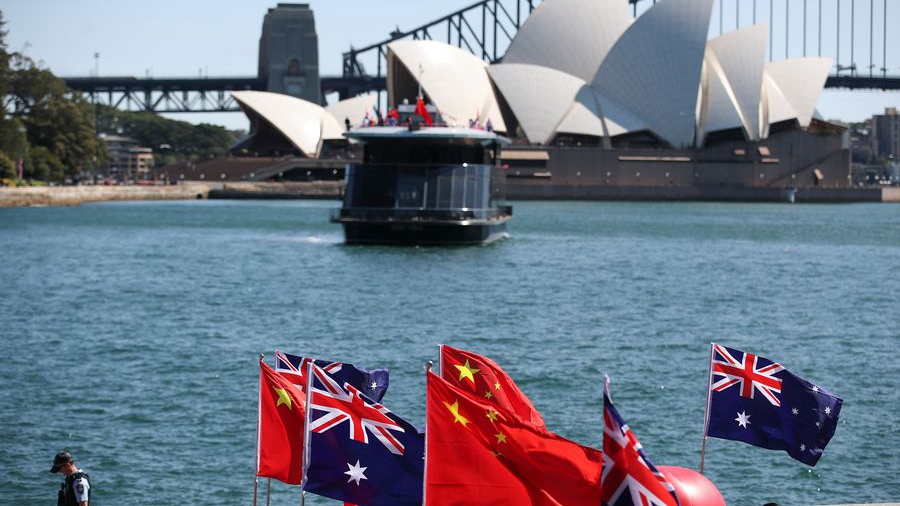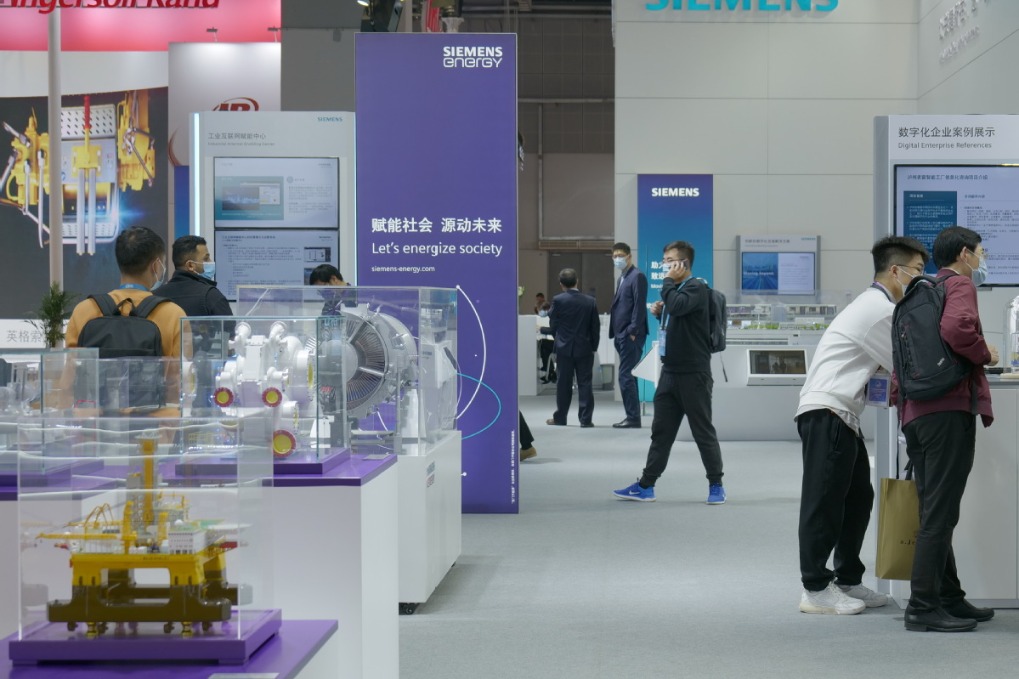Efforts on to boost Sino-Australian ties


Australia and China can improve relations through regular dialogue and increased exchanges — especially in areas of business and culture, said David Olsson, national president and chairman of the Australia China Business Council.
And there have been opportunities for the two countries to work collaboratively in numerous areas, particularly on green economy projects, he said during an interview with China Daily at the Boao Forum for Asia.
Australia has access to abundant quantities of renewable energy, which can then be applied with Chinese technology and know-how to develop the industries of the future, Olsson said.
This kind of collaboration can help "to decarbonize our iron ore and other sectors, and to create green hydrogen to help the transport industry. There are many areas where we can work together".
Australia and China have had a very long trade and investment relationship. Although over the last few years investment by China in Australia has declined, as has Chinese investment generally in many other parts of the world, "there are some significant opportunities for the two to work together now", as they have "stabilized the relationship and are looking forward to a productive future", Olsson added.
Geopolitics has been a major issue over the past few years. "But importantly, we've now got to a stage where our political leaders are talking to each other again. And we are now starting to look at the opportunities where we can collaborate more closely together."
Olsson said he believes the most important thing for bilateral relations is to meet and talk more regularly.
"We've had the last three or four years when we've not been able to travel because of the COVID-19 pandemic travel restrictions," he recalled. "Now we're starting to travel more frequently, and there are far more opportunities for regular, sustained, outcome-focused dialogues.
"So we are working very hard on reestablishing constructive dialogue between Australia and China at a high political level," he said, adding that businesses in both Australia and China are now working very hard to try and find opportunities that they can work together on.
The warming of the Australia-China trade relations is positive for growth, Olsson said, adding that both the Chinese and Australian economies need each other.
"Our trade is largely complementary. Despite talk about economic decoupling, the evidence of it taking place is scant. The challenge ahead will be to manage the political and technological challenges that arise in such a way that preserves the mutual benefit that China's economic rise has brought to both China and the rest of the world."
Given China's influential role in the region, Australian business leaders will need to invest a lot more effort in seeking to better understand China, in all its complexity, he said.
"The more we can do this, the better we will be at managing the relationship, and ensuring that Australia's approach to our region reflects our own unique perspectives and interests."
With all the expansion of trade and investment between nations, "people of both countries need to be very clear about what their ambitions are, very clear about the areas where we can cooperate, and the areas where it's not feasible for us to do so", he added.
Olsson said he believes that the low-carbon economy can be a new frontier for trade and investment in the decades ahead.
Now is a time to once again enjoy tourism and travel. "We want to see more and more Chinese students coming to Australia. We want more Australian students to come to China. We want more Australians to visit China for tourism, study and build new connections to China. So these are the most important things we can do in the short term," he said.
Climate change is the single biggest threat facing all nations, he said. "We hope that with the improvements in the bilateral relationship, there will be agreement around some form of effort to develop a program of activity to strengthen practical cooperation around climate challenge and green economic development."




































